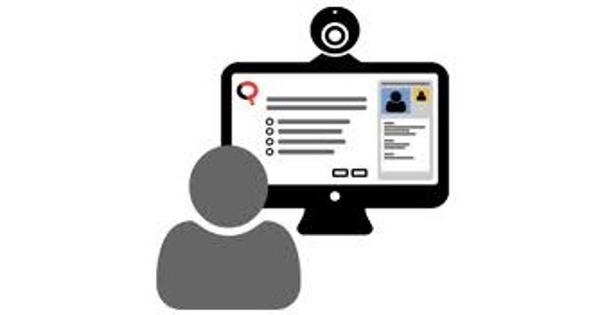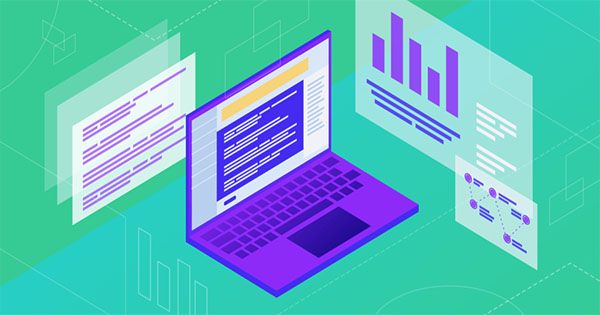Educational institutions have had to adapt to remote learning and exam administration. As a result, the use of online proctoring services to prevent student cheating has increased. Researchers investigated the security and privacy perceptions of students taking proctored exams in a first-of-its-kind study.
As a result of the COVID-19 pandemic, educational institutions have been forced to quickly transition to remote learning and exam taking. This has resulted in an increase in the use of online proctoring services, such as restricted browser modes, video/screen monitoring, local network traffic analysis, and eye-tracking, to combat student cheating.
While adequate teaching and technical skills are required, they are not a guarantee of success. Online learning is frequently as unfamiliar to students as it is to teachers. Students must make changes to their study habits in order to be successful online learners. Faculty have identified a lack of student discipline as a major impediment to online learning. Students must be willing to accept some of the responsibilities traditionally assumed by teachers as teachers relinquish some control over instructional events. Many students are unprepared for this challenge, which may account for some of the high attrition rates online.
Educational institutions have had to transition to remote learning and exam taking. This has led to an increase in the use of online proctoring services to curb student cheating. In a first-of-its-kind study, researchers explored the security and privacy perceptions of students taking proctored exams.
Researchers led by Adam Aviv, an associate professor of computer science at George Washington University, investigated the security and privacy perceptions of students taking proctored exams in a first-of-its-kind study. The researchers discovered the following after analyzing user reviews of eight proctoring services’ browser extensions and conducting an online survey of students:
- Exam proctoring browser extensions use a technique known as “URL match patterns” to turn on whenever a specific URL is found. These URL patterns match a wide range of URLs, the majority of which are associated with online course content. However, regardless of whether the student is taking an exam, generic URL patterns (e.g., any URL with /courses/ or /quizzes/) can activate the browser extension. As a result, even when a student is not taking an exam, the data collection and monitoring features of proctoring browser extensions may be active on a variety of websites.
- Students understood that in order to take exams safely from home during the pandemic, they would have to give up some privacy. However, many students were concerned about disclosing personal information to proctoring companies in order to take an exam. These concerns include the identity verification process, the amount of information collected by these companies, and the requirement to install third-party online exam proctoring software on their personal computers.
- When reviewing exam proctoring browser extensions in the Google Chrome web store in February 2020, there was a noticeable increase in total ratings combined with a sharp decrease in “star ratings” for these extensions. This most likely indicates a strong aversion to exam proctoring services.

Academic integrity can be difficult to protect in online environments. Understanding how technology works and your concerns about each method for monitoring online interactions can help you choose the best proctoring tools. A combination of academic integrity solutions may be required depending on the content, type of assessment, and level of comfort with technology.
“Institutional support for third-party proctoring software conveys credibility and makes the exam proctoring software appear safer and less potentially problematic because students assume that institutions have done proper vetting of both the software and the methods used by the proctoring services,” said David Balash, a Ph.D. student at GW and the study’s lead researcher. “We recommend that when using exam proctoring tools, institutions and educators follow the principle of least monitoring by using the fewest number of monitoring types necessary, given the class size and knowledge of expected student behavior.”
“As many universities and colleges return to the classroom in the future, students may be less willing to trade their privacy for personal safety,” said Rahel Fainchtein, a Ph.D. student at Georgetown University and the study’s lead researcher. “However, online exam proctoring technology appears to be here to stay.”
There are numerous potential benefits to teaching online. Faculty cite benefits such as professional and personal development, reaching out to more diverse student populations, more flexible learning and teaching opportunities, and increased income as motivators. Teaching online, on the other hand, is a time-consuming endeavor, especially given that the majority of online courses are still predominantly text-based.
















